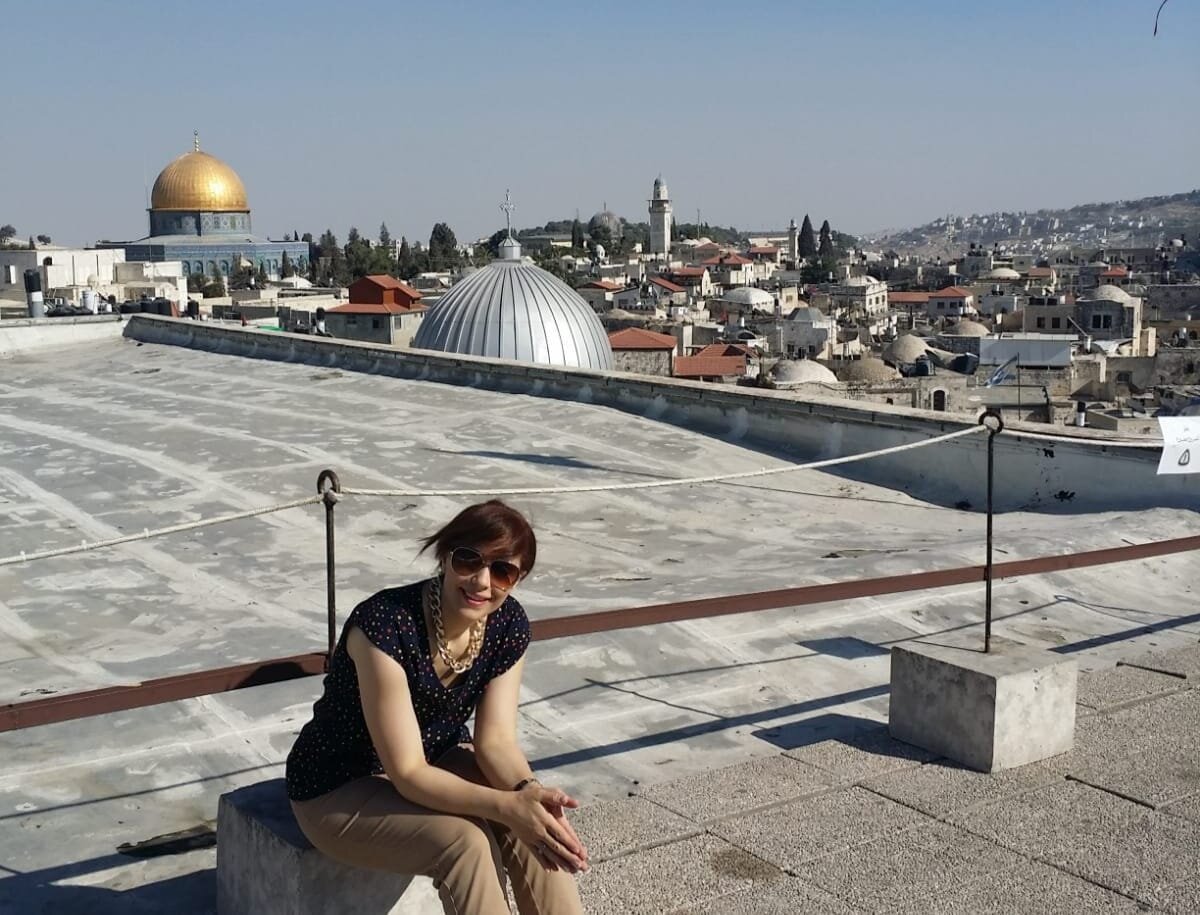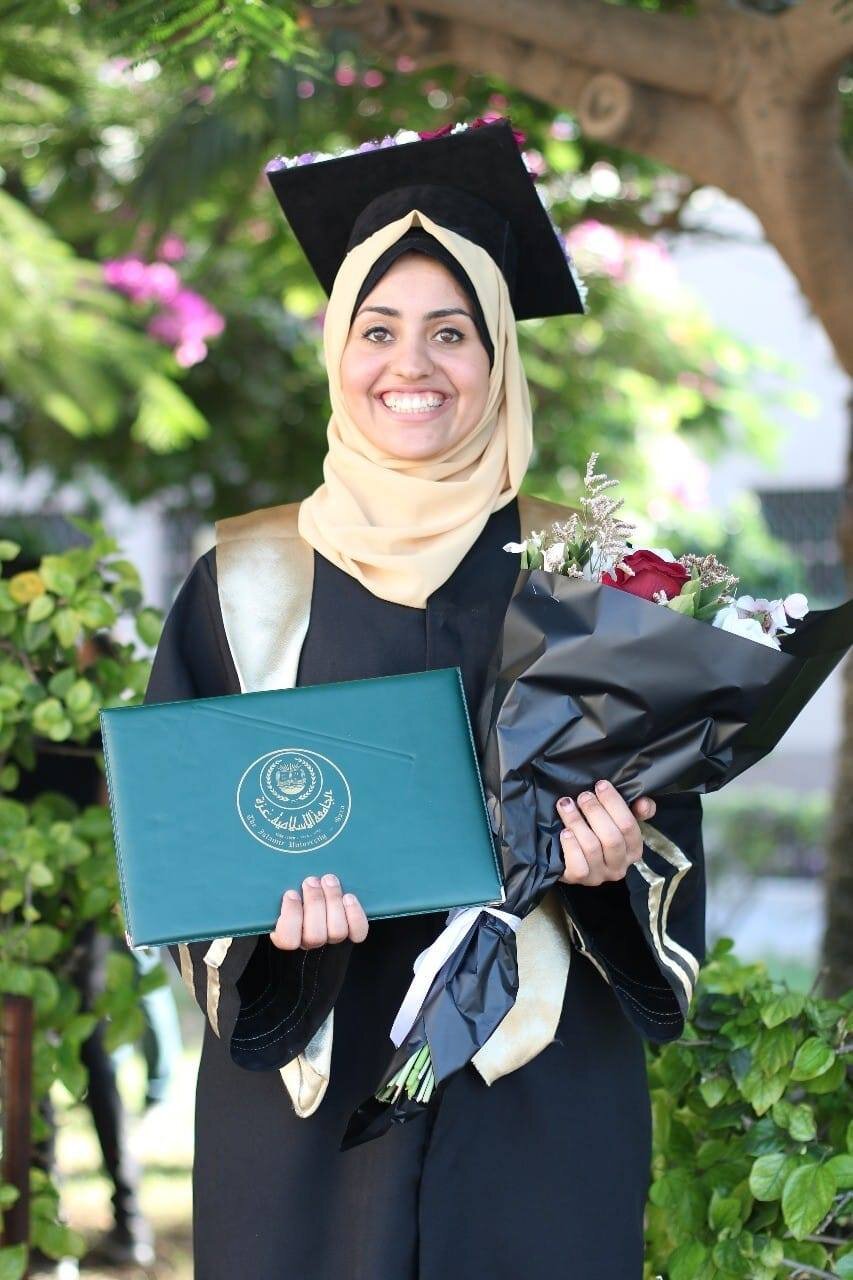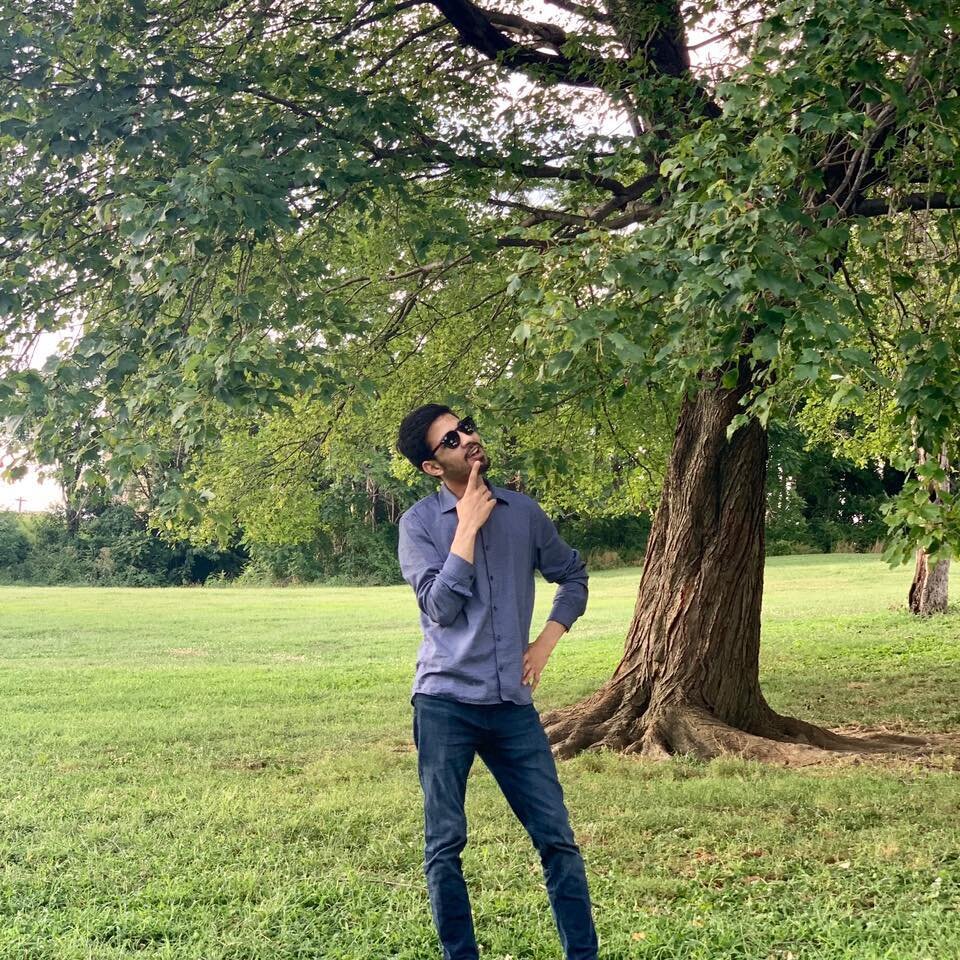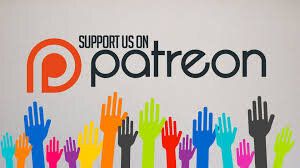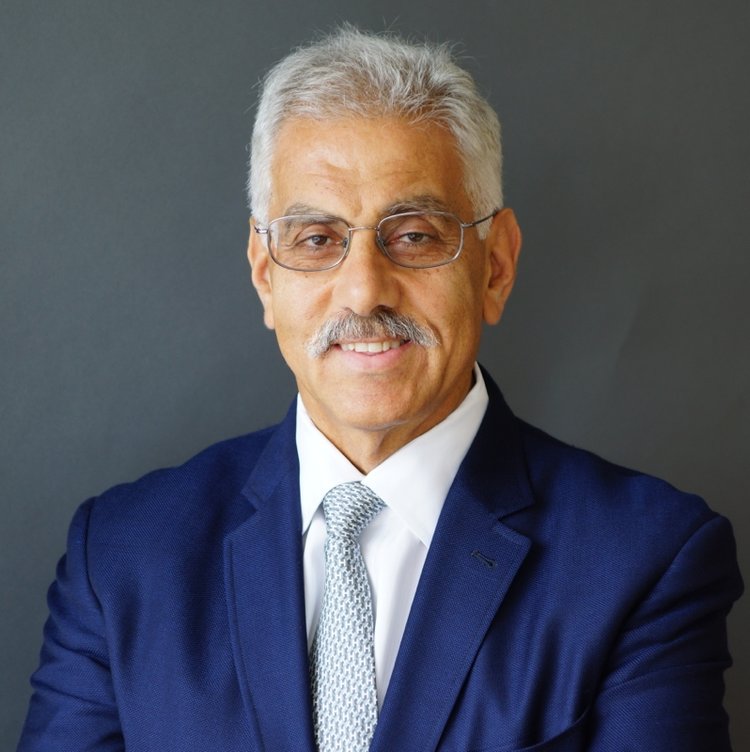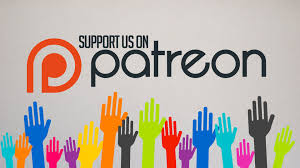For this second of two episodes about current events in Palestine we will be focusing specifically on the situation in East Jerusalem, and in the east Jerusalem neighborhood of Sheikh Jarrah. East Jerusalem, which contains the old city, has been illegally occupied by Israel since the Israeli military captured it, along with the rest of the West Bank, Gaza, and the Golan Heights, in the “Six Day War” of 1967.
Since that time its Palestinian residents have been the targets of ongoing harassment, violence, and forced displacement by illegal Jewish settlers. The most recent instance of this ethnic cleansing campaign targeted residents of east Jerusalem's Sheikh Jarrah neighborhood. When Palestinians attempted to protest and resist, a brutal crackdown was waged by the Israeli authorities, a crackdown that is now reverberating across the West Bank, inside Israel, and in the form of yet another horrific Israeli bombing campaign on Gaza.
We hope that what you hear in this show inspires you to share it and to take action.
Join the Boycott, Divestment, and Sanctions movement, and follow the Five things you can do to support Palestinian human rights, right now.
Recommended Resources:

